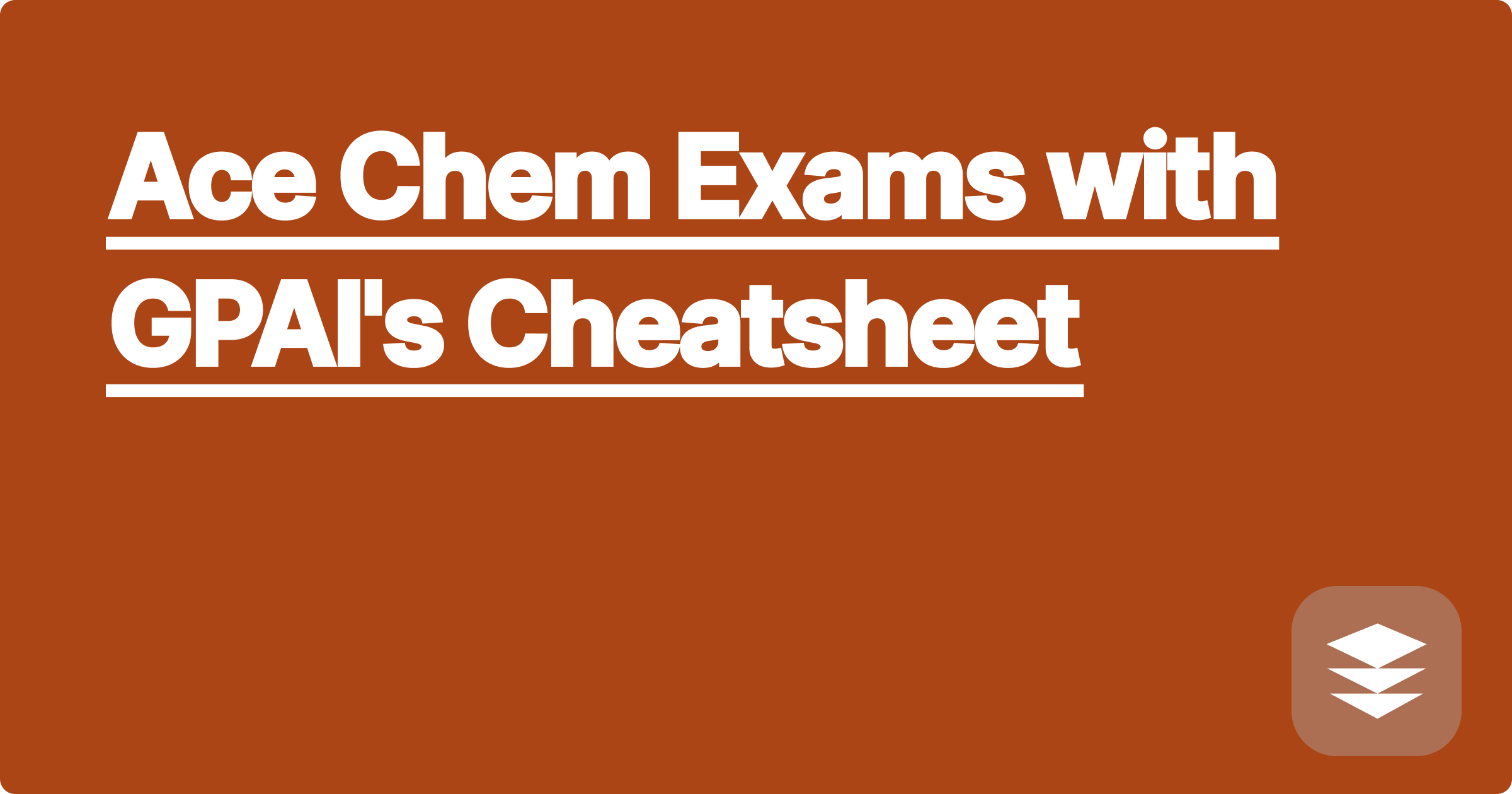
The demanding world of STEM education often presents a formidable challenge: mastering complex concepts and applying them effectively, especially under the pressure of exams. Chemistry, with its intricate reactions, nomenclature, and calculations, can be particularly daunting. However, the rise of generative pre-trained AI (GPAI) offers a powerful new toolkit for STEM students and researchers to navigate these complexities and unlock their full potential. AI can personalize learning, provide on-demand explanations, and offer practice opportunities, transforming the way students approach challenging subjects like chemistry.
This shift towards AI-powered learning has significant implications for STEM students and researchers. Traditional study methods often involve passive absorption of information, leading to superficial understanding and poor retention. GPAI tools, on the other hand, facilitate active learning by encouraging interaction, exploration, and experimentation. This empowers students to develop a deeper understanding of the material and apply it creatively to solve problems. Furthermore, AI can help bridge knowledge gaps by providing tailored explanations and personalized feedback, catering to individual learning styles and paces. Ultimately, harnessing the power of AI can significantly enhance academic performance and prepare students for success in their future STEM careers.
Chemistry encompasses a vast body of knowledge, from the fundamental principles of atomic structure and bonding to the intricate mechanisms of organic reactions. Students often struggle with the sheer volume of information, the abstract nature of many concepts, and the interconnectedness of different topics. For example, understanding reaction kinetics requires a solid grasp of stoichiometry, equilibrium, and thermodynamics. Memorizing isolated facts and formulas without understanding the underlying principles often leads to poor performance on exams. Moreover, traditional learning resources, such as textbooks and lecture notes, may not always provide clear and concise explanations, leaving students confused and frustrated. The challenge lies in bridging the gap between theoretical knowledge and practical application, enabling students to analyze complex chemical systems and solve real-world problems.
AI tools like ChatGPT, Claude, and Wolfram Alpha can revolutionize the way students approach chemistry. These tools can act as personalized tutors, providing on-demand explanations, answering specific questions, and generating practice problems. For instance, a student struggling with balancing redox reactions can ask ChatGPT to explain the half-reaction method step by step and provide examples. Wolfram Alpha can be used to calculate molar masses, equilibrium constants, and other important chemical quantities. Furthermore, AI can help students connect different concepts and visualize complex processes. By interacting with these tools, students can actively engage with the material, develop a deeper understanding, and build confidence in their problem-solving abilities.
Imagine you're preparing for an exam on organic chemistry. You can start by using ChatGPT to generate a customized study guide based on the specific topics covered in the exam. Ask it to summarize key concepts, provide definitions of important terms, and explain important reaction mechanisms. Next, use Wolfram Alpha to explore different functional groups and their properties. You can input a specific molecule and Wolfram Alpha will provide information on its structure, physical properties, and spectral data. Then, use ChatGPT to generate practice problems related to the topics you're struggling with. For example, you can ask it to create a series of questions on nucleophilic substitution reactions. As you work through the problems, use ChatGPT to check your answers and provide feedback on your reasoning. This iterative process of learning, practicing, and receiving feedback can significantly enhance your understanding and prepare you for the exam.
Consider the concept of acid-base equilibrium. You could ask ChatGPT to explain the difference between strong and weak acids, provide examples of each, and explain how to calculate the pH of a solution. You could then use Wolfram Alpha to calculate the pKa of a specific acid and compare it to the pKa values of other acids. As a practical example, let's say you're asked to calculate the pH of a 0.1 M solution of acetic acid (CH3COOH), given that its Ka is 1.8 x 10^-5. You can use Wolfram Alpha to directly calculate the pH or use the equilibrium expression and solve for the hydronium ion concentration. By combining the explanatory power of ChatGPT with the computational capabilities of Wolfram Alpha, you can develop a comprehensive understanding of the concept and apply it to solve practical problems.
To maximize the benefits of AI in your chemistry studies, it's important to use these tools strategically. Don't rely solely on AI for answers; instead, use it to supplement your learning and deepen your understanding. Actively engage with the material by asking questions, exploring different concepts, and testing your knowledge. Use AI to identify your weaknesses and focus your study efforts on those areas. Practice regularly by solving problems and reviewing your work. Don't be afraid to experiment with different AI tools and find the ones that best suit your learning style. Finally, remember that AI is a tool, not a replacement for hard work and dedication. By combining the power of AI with your own effort and perseverance, you can achieve academic success in chemistry and beyond.
To take the next step in your AI-powered chemistry journey, start exploring different AI tools and experiment with their capabilities. Identify specific topics you're struggling with and use AI to gain a deeper understanding. Incorporate these tools into your regular study routine and practice solving problems regularly. By embracing this new technology and using it strategically, you can unlock your full potential and achieve your academic goals.
GPAI: Solve Physics Problems Fast
Ace Chem Exams with GPAI's Cheatsheet
GPAI: Your Calculus Homework Hero
Conquer Finals: GPAI Study Guide
GPAI: Engineering Lab Data Ace
GPAI: Master Organic Chemistry
GPAI: Your Biology Exam Secret